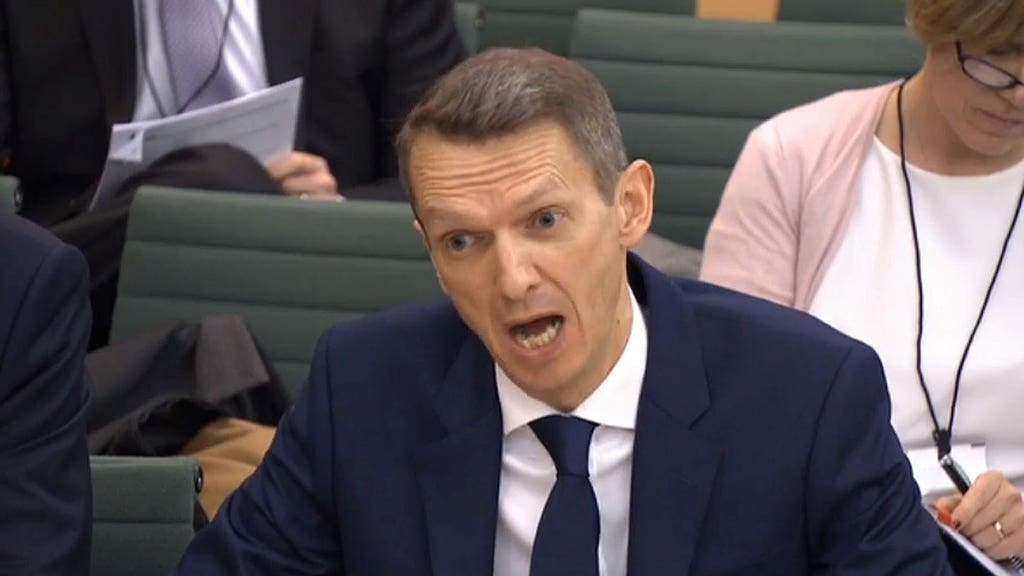Haldane: UK Has Right Aspiration On Industrial Strategy But No Delivery Plan

The chairman of an independent body that was set up to monitor the Government’s progress on its industrial strategy has said that the UK has an end objective and a plan, but no delivery project for levelling up.
Andy Haldane, who heads the Industrial Strategy Council, said that like the plan to slash emissions to net zero by the middle of the century the aspirations were correct, but action and funding is sometimes lacking.
“We have an end objective for 2050, we have a 10-point plan. What we do not have currently is a delivery project for that that embraces public and private sectors with some clear staging posts, perhaps even some quantifiable metrics,” he told MPs on the Business, Energy and Industrial Strategy Committee on Tuesday.
He added: “What’s true of net zero is no less true of levelling up – where we have the right aspiration it hasn’t yet translated into some quantifiable metrics, much less into a delivery plan. I hope that will come with the fullness of time.”
Our session on the Industrial Strategy has now started.
We’re talking to: Andy Haldane, Dame Kate Barker @Barker4Kate, Sir Charlie Mayfield & Prof Dame Nancy Rothwell.
📺Watch live: https://t.co/HtuXrHTZoy
📰For more info: https://t.co/FwMEu9sSaN pic.twitter.com/tuELATODTL
— Business, Energy and Industrial Strategy Committee (@CommonsBEIS) March 2, 2021
Mr Haldane, who is also the Bank of England’s chief economist, said that national Government sometimes struggles to bring together different actors, such as business, on the road to its targets. He said some of the best examples are often local, including in Manchester.
The Government set out an industrial strategy in 2017 in a bid to increase productivity and earnings in the UK.
However, last year the Industrial Strategy Council said that most of the £45 billion thrown at the strategy has been spent on a small number of policies.
Mr Haldane said: “It struck us even a year ago that the existing industrial strategy had spread itself a little too thinly with its 142 policies, a number of which actually had no monies assigned to them at all. And having tracked those for another year now, it looks that a good number of those, maybe a fifth or perhaps even a quarter, have sort of disappeared down rabbit holes.”
He added: “In a sense many of those policies have already self-liquidated … which might well be the right thing. I would have preferred if that had been done in a more open, up-front way, and it would have been even better if there were fewer than 142 to begin with.”
He said that it would make sense to refresh the strategy today and reduce the number of policies, introducing funding and clear ways to measure success.
“It’s not enough to say that the policy has been done, that the money has been spent. The crucial question is what have been the outputs as a result of this policy being put in place,” Mr Haldane said.
He also said that the council he chairs does not have the same powers as many of its international peers, and other independent UK bodies such as the Climate Change Committee or the Office for Budget Responsibility.
“If this is to be a sustainable and lasting recovery, those supply-side policies, those structural policies, those issues of industrial strategy have never been more important than now. Which begs the question, should they not be evaluated, monitored and designed in a similar way to the other arms of policy,” Mr Haldane said, adding it was down to Government, not him, to suggest changes to the council’s role.




